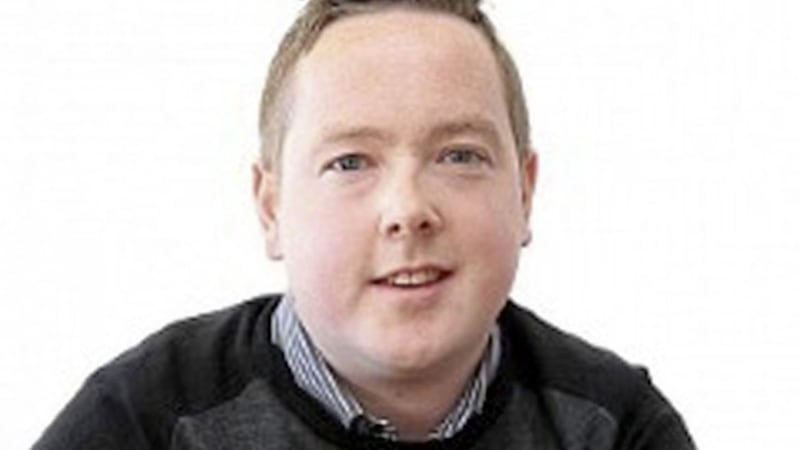IT would be incredible to think Sinn Fein had not prepared itself for Gerry Adams's arrest - or at very least the day when he was brought in for questioning over Jean McConville's abduction and murder.
The party is adept at micro-management and clearly accustomed to dealing with controversy, so to suggest it was somehow caught on the hop by developments over recent days is inconceivable. We can therefore safely conclude there is nothing spontaneous about the deputy First Minister Martin McGuinness's claim that the arrest is due to a "dark side" within policing conspiring with enemies of the peace process.
In all probability this line was prepared some time ago, as the spectre of the mother-of-ten's gruesome killing has shadowed the former west Belfast MP in recent years, particularly since the PSNI acquired transcripts of the Boston College tapes.
These recordings of the testimony of former IRA man and Adams' ally Brendan Hughes form the basis of the investigation into McConville case.
Hughes named his erstwhile friend and comrade as overall commander of the IRA's Belfast brigade. He also claimed that Mr Adams had controlled his own squad within the IRA, known by the organisation as "the unknowns".
According to Hughes, who died in 2008, this group was responsible for those who became known as the 'disappeared', people from republican areas who were kidnapped, murdered and secretly buried by the IRA. The likelihood of Mr Adams being sought by the PSNI increased last month when veteran republican Ivor Bell was charged in connection with the 1972 abduction and killing of Jean McConville. Why the police have waited until now to arrest the louth Td is not known but its proximity to an election has clearly fuelled Sinn Fein paranoia, hence the party's assertion that the timing is far from coincidental.
Yet despite the accusations being regularly repeated-- and Mr Adams's subsequent denial of any involvement -- there has been no indication that the Sinn Fein leader's alleged association with the episode has harmed his party's political prospects. On the contrary, in the months since the RTE-BBC documentary aired, Sinn Fein has continued to gain ground in the Republic, where support for the party has doubled since the last general election three years ago.
The fact that somebody with such a high profile politician could potentially be charged in connection with a murder yet not suffer adverse consequences at the polls is an illustration that Irish politics is far from normal.


